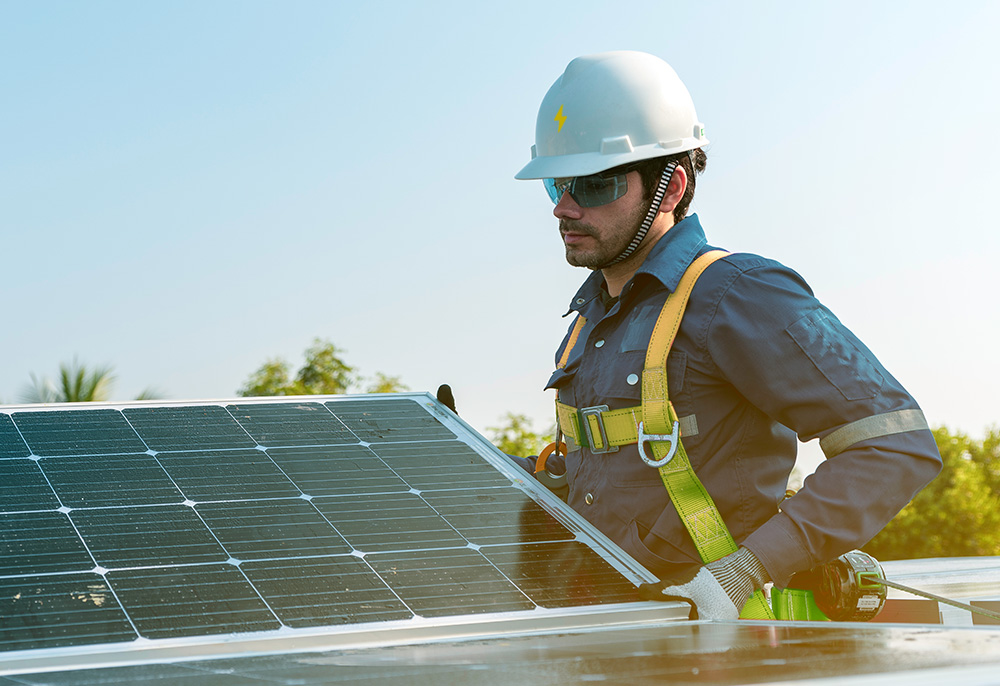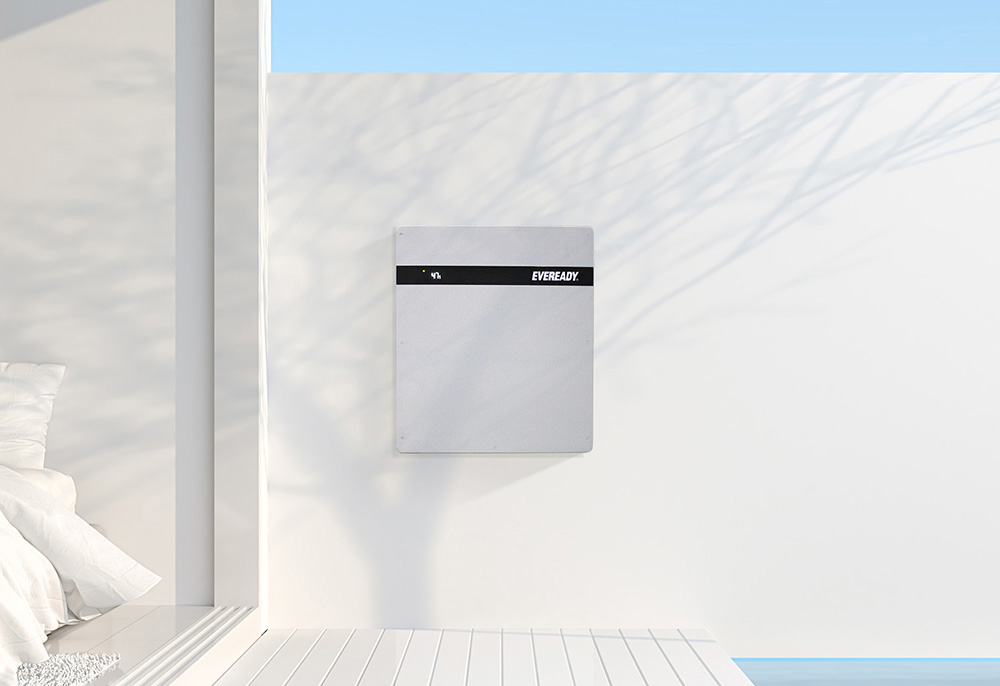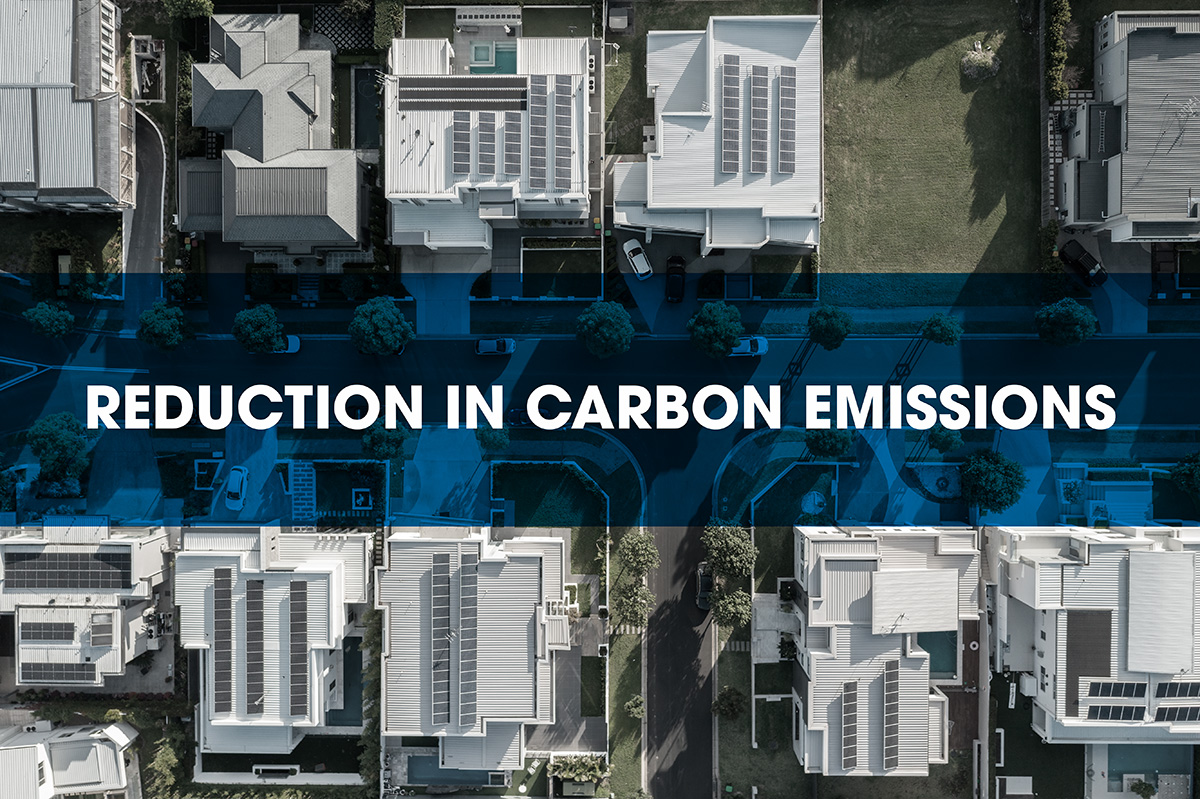You’ve probably heard of solar, right? The most abundant source of energy on the planet? If not, you’ve come to the right place to learn more. So let’s start by explaining:
Solar Energy Technology: How Solar Panels Work
Solar panels are a key component of solar energy technology, which harnesses the abundant power of the sun to generate heat and electricity.
Solar radiation, which refers to the electromagnetic radiation emitted by the sun, is the source of this energy. The process of converting solar radiation into usable forms of energy, such as electricity and heat, is what we refer to as solar energy.
The beauty of solar energy lies in its renewability – unlike non-renewable sources, such as fossil fuels, solar energy is harnessed without depleting natural resources. Solar panels are a common way to maximize the use of solar energy, although there are other methods, such as solar power plants, solar furnaces, and thermal storage systems. Ultimately, solar energy technology offers a sustainable and versatile solution for meeting our energy needs.
Let’s dive into the seven little-known facts about solar energy that everyone needs to know.
Solar Energy is the Most Abundant Source of Energy
The sun is the most abundant energy source in the world, providing more energy to the Earth in one hour than the entire population uses in a year. With this in mind, harnessing solar power is an excellent way to help reduce our reliance on finite, non-renewable sources.

Solar Energy is Getting Cheaper
Solar panels are becoming increasingly affordable, and installation costs have fallen by more than 70% since 2010. In fact, solar energy is now cheaper than most traditional energy sources, making it a viable option for homeowners and businesses.
Solar Energy is Clean Energy
Solar energy is a clean, renewable energy source that produces no harmful emissions. Unlike traditional energy sources like coal and gas, solar energy doesn’t pollute the air or contribute to climate change.
Solar Energy Can Be Stored
One of the biggest challenges with renewable energy is storage. Fortunately, solar energy can be stored in batteries to save excess energy for later use. Solar batteries are especially useful when the sun isn’t shining, such as at night or during cloudy weather.
Side note: Let’s take a brief moment away from the blog to talk about what solar batteries are and why you want one.
What are solar batteries?
Solar batteries are devices used to store energy generated by solar panels. They work by converting DC electricity from solar panels into AC electricity, which is used to power your home or business. The excess energy generated by your solar panels is stored in the battery, which can be used during overcast weather.
Installing a solar battery means you can use solar energy even when the sun isn’t available, providing a reliable source of power that can help reduce your reliance on the grid. Additionally, having a solar battery can provide backup power in case of an outage, giving you peace of mind and added security. Overall, investing in a solar battery can maximize the benefits of solar energy and help you save money on your energy bills.

Solar Energy Creates Jobs
In Australia alone, the solar industry significantly contributes to employment opportunities. As of 2021, the sector employs over 20,000 people, which is expected to grow exponentially in the coming years. This demonstrates the importance of the solar industry not only as a source of clean energy and a significant driver of job creation and economic growth in Australia. Moreover, as the demand for renewable energy continues to increase, so will the number of jobs in the solar industry, providing a bright and sustainable future for Australia’s workforce.
Solar Energy Can Increase Property Value
Installing solar panels in your home can increase its value by as much as 4.1%.
This means that you can save money on your energy bills and increase the value of your home when it comes time to sell.
Solar Power Can Power Entire Cities
Solar energy may seem like it is only suitable for individual homes or businesses, but it’s essential to note that it can power entire cities. In fact, there are already cities in the world powered entirely by solar energy, proving that it’s a viable energy source for even the largest communities.
In conclusion, everyone should consider solar energy as an abundant, affordable, and clean energy source. With the cost of solar panels decreasing and the industry continuing to grow, now is the perfect time to invest in solar energy. By doing so, we can help reduce our reliance on non-renewable sources of energy, create new jobs, and protect our planet for future generations.
To learn more about a solar solution to help you become more energy independent call the Solar Battery Group on 1300 223 224.
 Another benefit of solar power is that it is a clean and renewable energy source, which means it is much better for the environment than traditional energy sources. As a result, using solar power can help reduce carbon emissions and combat climate change.
Another benefit of solar power is that it is a clean and renewable energy source, which means it is much better for the environment than traditional energy sources. As a result, using solar power can help reduce carbon emissions and combat climate change.









